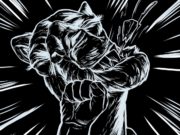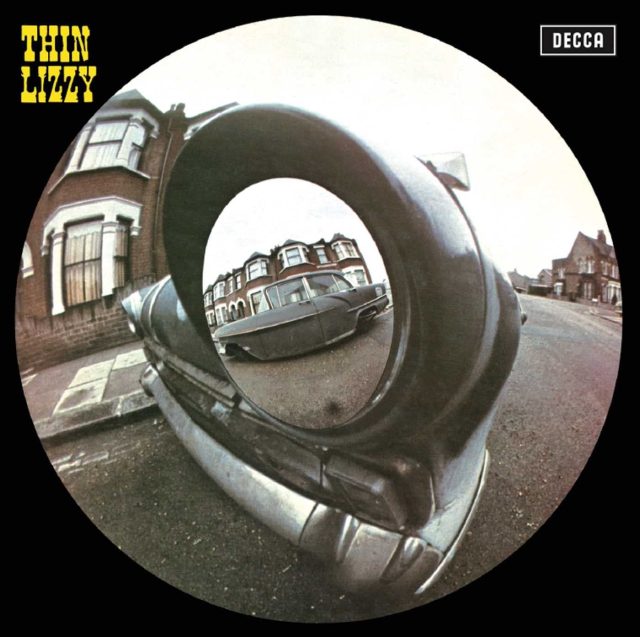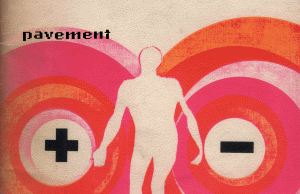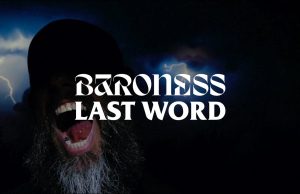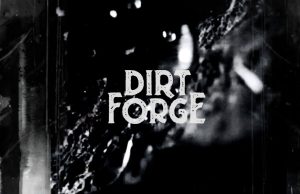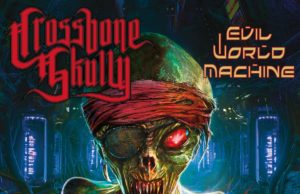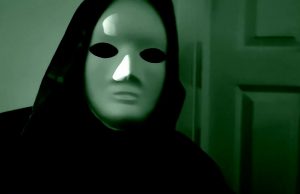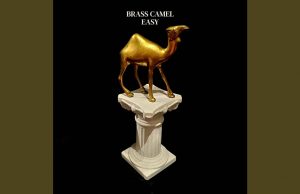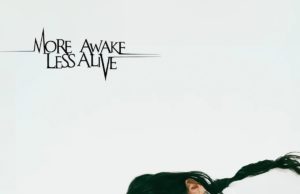 Sometimes when a band make their first record, it’s a crazy hodge-podge of musical styles because they haven’t really figured out what people want them to be yet. Such is the case with the debut by Thin Lizzy, which they made in 1971 while they were still living in Dublin. Well, they obviously travelled to London to make the album for Decca. But this was the last one before they permanently relocated there.
Sometimes when a band make their first record, it’s a crazy hodge-podge of musical styles because they haven’t really figured out what people want them to be yet. Such is the case with the debut by Thin Lizzy, which they made in 1971 while they were still living in Dublin. Well, they obviously travelled to London to make the album for Decca. But this was the last one before they permanently relocated there.
In London, the then three-piece Lizzy were paired with songwriter/producer Scott English. Later that year Scott would write and record the song which would be his biggest success — Brandy. Barry Manilow made an even bigger hit out of it when he changed the title to Mandy a few years later. Closer to the style of Lizzy, Scott had written the Jeff Beck single Hi Ho Silver Lining and produced the band Elves (later renamed Elf) featuring Ronnie James Dio.
The eponymous Thin Lizzy debut would be the only album in which English was the band’s producer. Really, though, it was go-between Nick Tauber who was just as much the producer. Tauber went on to produce the next two Lizzy albums. In the end the band would use seven different producers in addition to their own involvement, particularly that of leader and frontman Phil Lynott. Phil and English did not get along at all.
Even music fans with just the slightest familiarity with Lynott’s style will know enough to find this first record quite an interesting artifact. Let’s say you only know The Boys Are Back In Town. No problem. Unlike a lot of other band’s biggest hits, this one is a pretty good example of what the band is known for. Specifically, the dual guitars, aggressively-picked bass, Celtic lore overtones and the offbeat narrative vocals: “Well guess who just got back today…”
There are elements of that stuff on this record — even the dual guitars, despite the fact that at this point the only guitarist was the original one, Eric Bell. Band co-founder, drummer Brian Downey, completed the trio.
This album is impossible to pin down. There are elements of hard rock as you’d expect, but also loads of prog and funky jazz. I really believe this was designed to throw a wide net and see what people wanted to hear. It turned out, Ireland wanted more of the Celtic-influenced stuff. Within a year or so the band would be on Top Of The Pops performing their cover of the traditional Whiskey In The Jar.
The album starts with a track which name-checks a Dublin landmark, Clontarf Castle. At the time the song was done, the Castle was being used as a cabaret venue. It begins with a spoken-word bit, over repeating tom rolls — Lynott did write two books of poetry in his short lifetime, after all. The song really starts about a minute in, without a chorus. It’s a curious opener which ends with a lovely dual-guitar solo hinting at things to come already.
This is followed by Honesty Is No Excuse, which is kind of what you’d get if The Moody Blues had Lynott as a vocalist and lyricist. It’s a Mellotron-heavy, raise-your-glass, sway-your-lighter ballad. It’s quite great, really. One thing you notice about this album is it seems like Downey’s drums get more tightly tuned as the album goes on. By the last few tracks the toms are ridiculous.
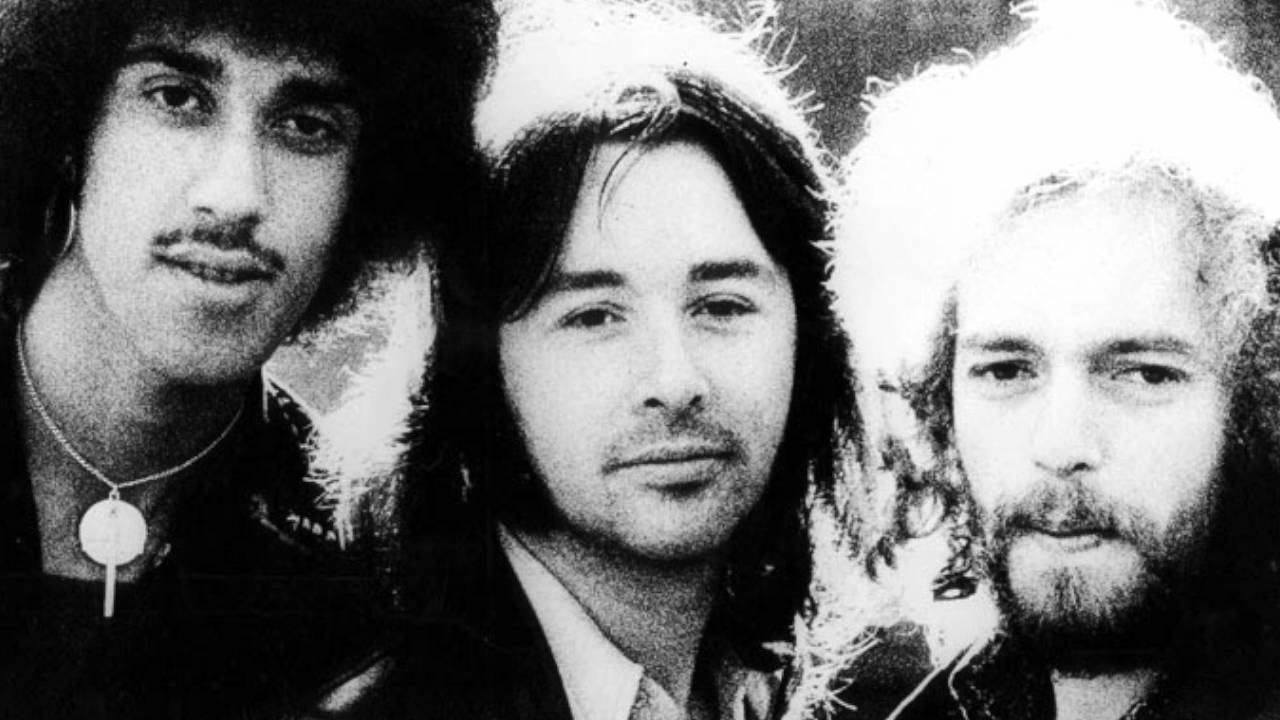
Next up is the epic Diddy Levine, which is several songs in one. At times, it’s a Richard Thompson-esque folk ballad. Like before, about a minute in things begin to build — though awkwardly. It sounds as though the producers had no idea what to suggest. The song eases off from its galloping pace by around three minutes in and enjoys a little chilled-out bit similar to the intro before it finally gets awesome. Riffy, confident and anthemic. There’s some very good guitar overdubbing here to make it sound like a real dual-guitar band. From here it eventually steps back down into the chill stuff, but sung with great gusto. For a seven-minute song there sure is a lot of unexplored potential in Diddy.
They follow this epic with Ray-Gun, a much more concise, straightahead Hendrix-like rocker. At times it reminds me a bit of She by KISS. Crazy-great drums on this. As a bass player who can’t sing and play at the same time very well, I’d love to see this live.
Side 1 ends with perhaps the most Thin Lizzy-like song on the record: Look What The Wind Blew In. It’s an underappreciated classic. This band are such a breath of fresh air compared to power-chord rock, typical hard rock or heavy metal. Somewhere between the first Rush album and Leaf Hound.
The most Irish one of all is next, Eire. Pretty folksy, with early mentions of vikings, menfolk and the Celtic tongue. Truth is, Lynott was both knowledgeable and proud of being Irish and was known to be quick to correct people on their knowledge. It should also be mentioned that not only were Thin Lizzy multiracial, but there were both Catholics and Protestants in the band.
Return Of The Farmer’s Son is a little self-indulgent. The best parts are the instrumental and solo bits, and then the crazy drums breaks which follow. Fantastic hard rock track, nonetheless. Conviction.
Clifton Grange Hotel is next, named after Lynott’s mum Phyllis’s Manchester hotel which she and her partner bought in 1966. Eventually, as Lizzy became popular, the place became synonymous with rock ’n’ roll celebrities and was referred to as The Showbiz, or just “The Biz” for short. They catered to rock stars — breakfast at noon instead of 8 a.m. A contortionist and dancers to greet you. When The Sex Pistols played their famous gig at the Free Trade Hall in 1976, they couldn’t find anywhere to stay afterward because of their reputation as hooligans. So they walked in the rain to the Clifton Grange and Phyllis gave them her five-bed room called The Barracks and remembered them fondly as well-mannered and nice.
The penultimate track is the gentle autobiographical ballad Saga Of The Ageing Orphan. Lynott was a mixed-race child, born out of wedlock. So, beset by racism, Phyllis sent her son back to Dublin to be raised by her parents.
Finally, the masterpiece Remembering Part 1. This one is so Phil — the confident romantic with wonderful phrasing and endearing plain-spoken lyrics:
“You were my girlfriend,
The first I ever had,
The first to make me sad,
And I can’t get over the change in you.”
As for Lizzy, they’d just get better and better. But their first two or three records really are special.
4/5
• • •
Area Resident is an Ottawa-based journalist, recording artist, music collector and re-seller. Hear (and buy) his music on Bandcamp, email him HERE, follow him on Instagram and check him out on Discogs.









